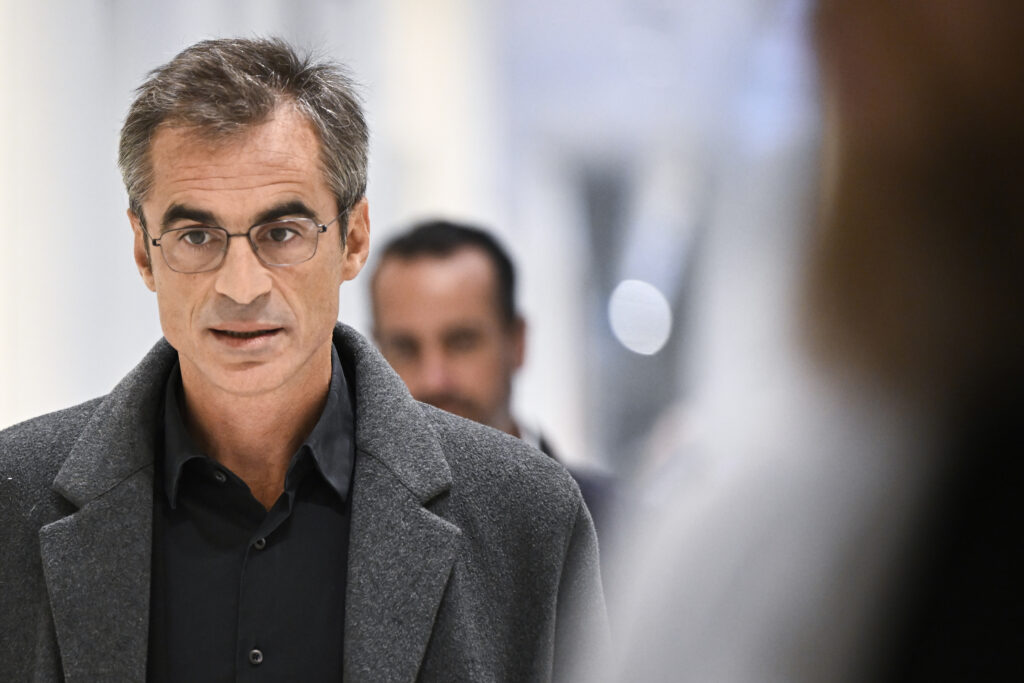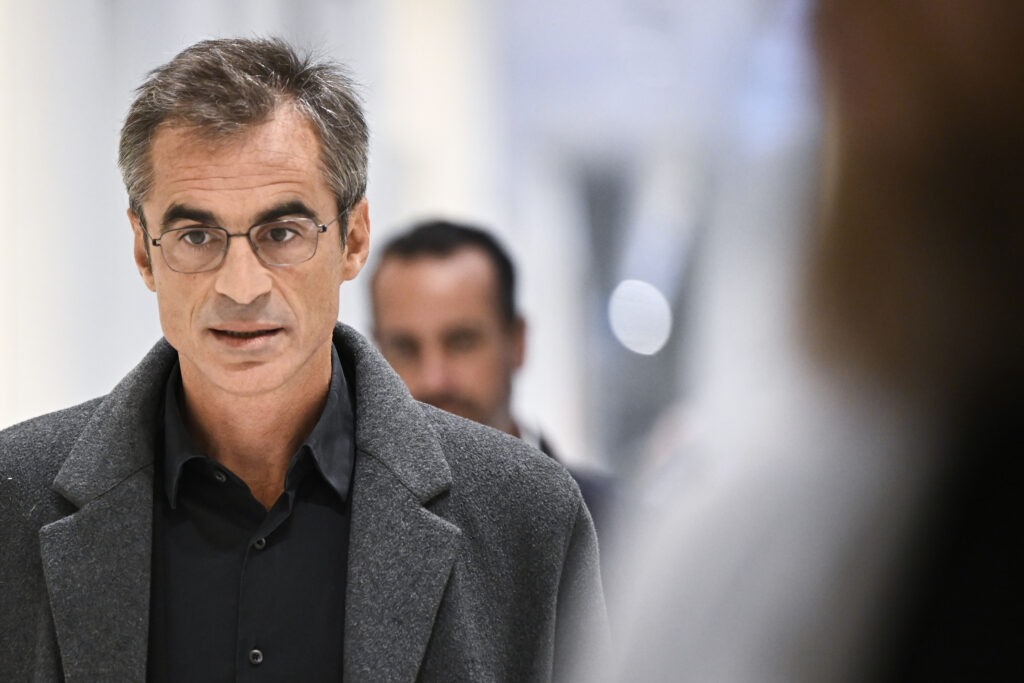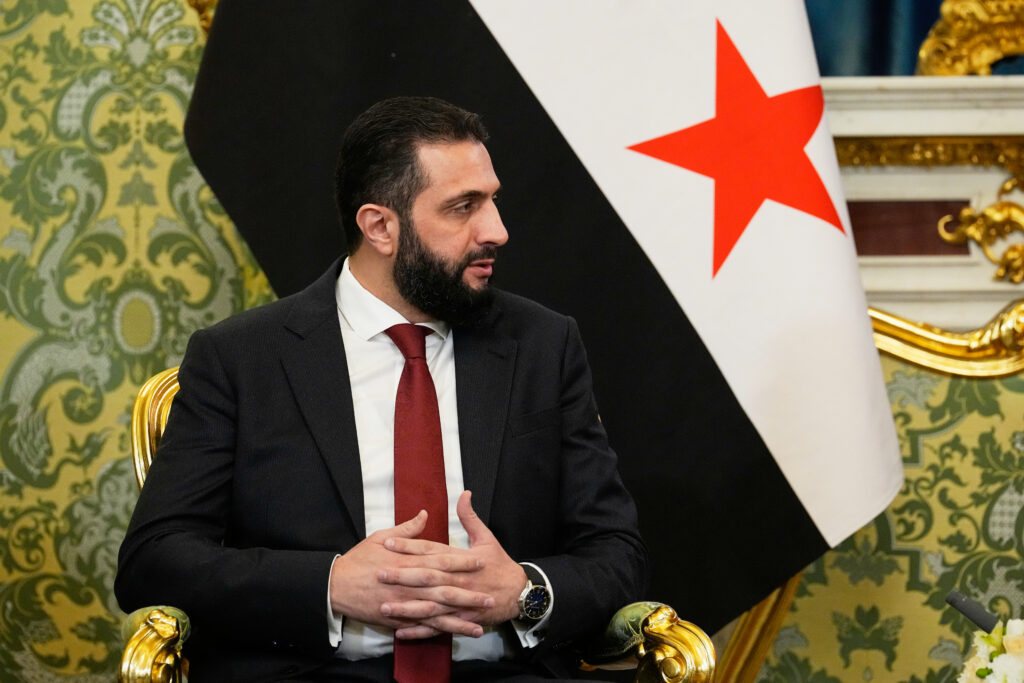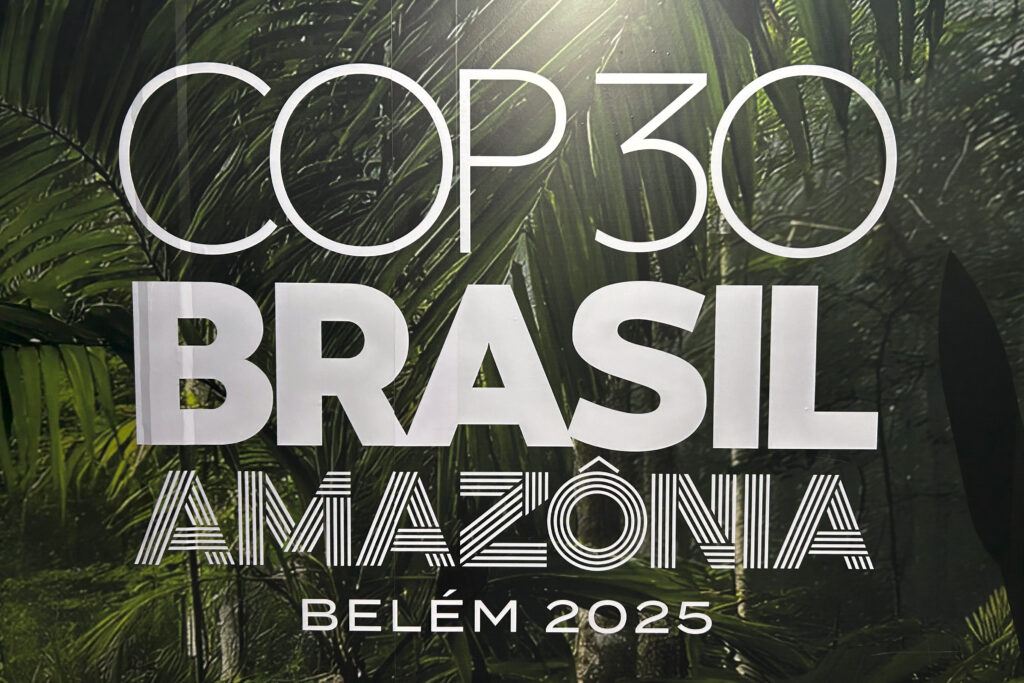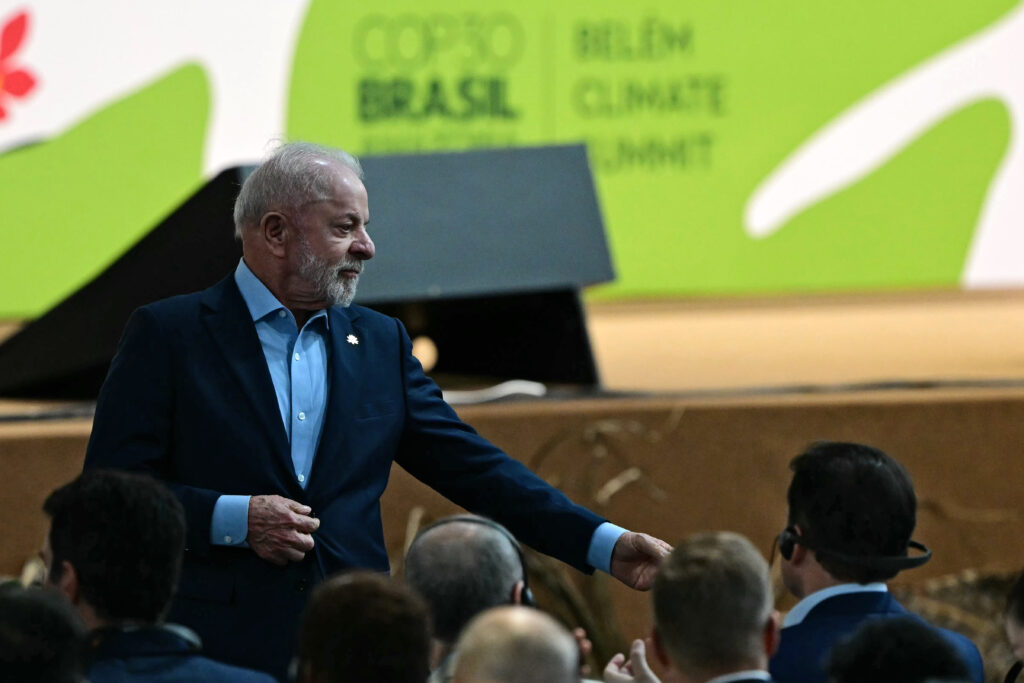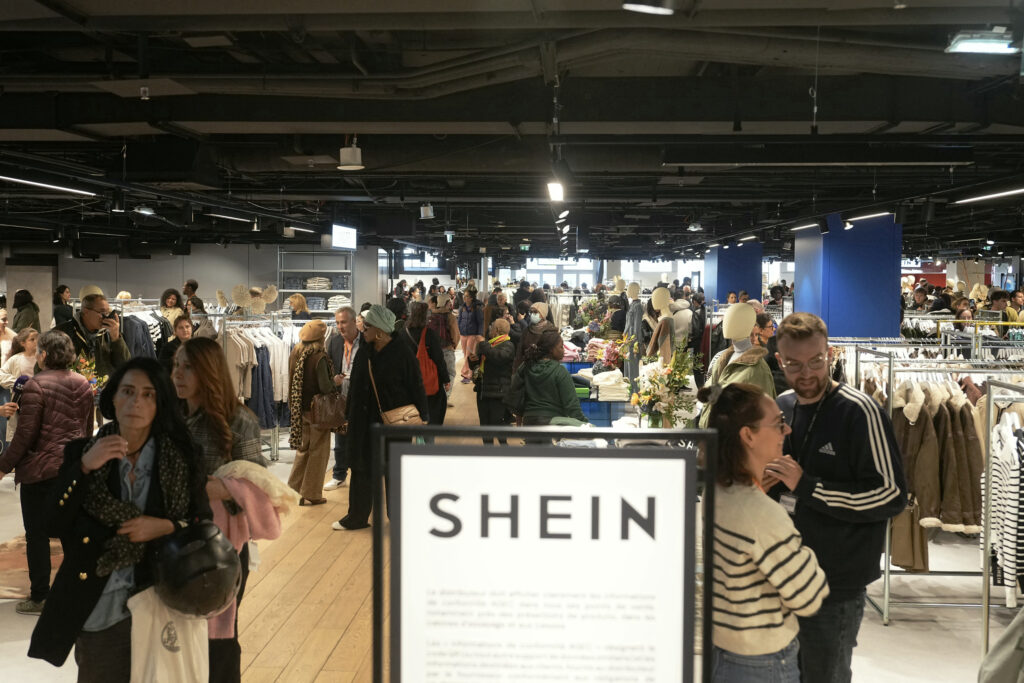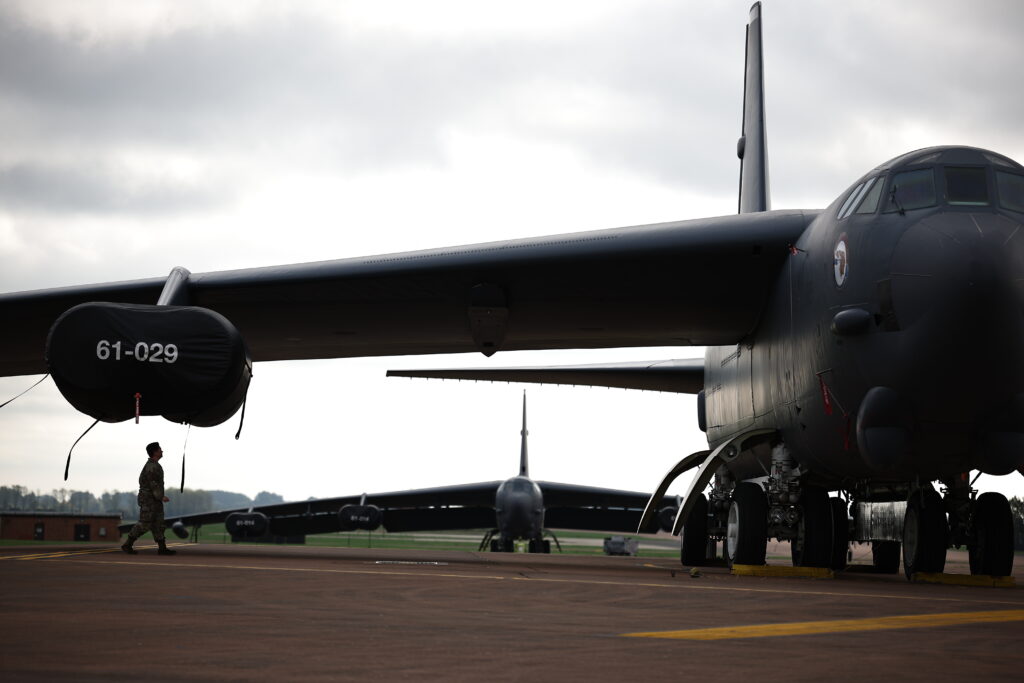LFI “passionnément antisémite”: Raphaël Enthoven relaxé du délit d’injure
Qualifier La France insoumise de “passionnément antisémite” n’excède pas les limites de la liberté d’expression et participe du “débat d’intérêt général”, a jugé jeudi le tribunal correctionnel de Paris, qui a relaxé le philosophe Raphaël Enthoven du délit d’injure et débouté le parti mélenchoniste.”La France insoumise est un mouvement détestable, violent, complotiste, passionnément antisémite”. Le 1er mai 2024, dans un message publié sur X, Raphaël Enthoven s’en était vigoureusement pris au parti de la gauche radicale, en réagissant à l’exfiltration d’un cortège à Saint-Etienne de Raphaël Glucksmann, sous des jets de peinture et de canettes.A cinq semaines des élections européennes, celui qui conduisait la liste Place publique-PS avait alors pointé “des énergumènes” appartenant à La France insoumise comme ses agresseurs, notamment aiguillé par le témoignage d’un militant local, drapeau LFI sur l’épaule, qui avait admis “avoir fait partie de ceux qui ont expulsé” le leader social-démocrate.LFI avait déposé plainte contre le tweet de Raphaël Enthoven en lui réclamant 10.000 euros de dommages et intérêts, relevant deux autres passages qu’elle considérait comme injurieux: “Ils sont tellement cons” et “On n’en peut plus, de ce club de déficients”.Le tribunal a débouté le parti de l’ensemble de ses demandes.Certes, ont noté les magistrats, les propos du philosophe ont “une portée outrageante” à l’égard de LFI et “comportent un caractère injurieux”, d’autant que Raphaël Enthoven jette “le discrédit sur ce mouvement dans son entier, de façon généralisante et essentialisante”.Mais ces messages litigieux s’inscrivent “dans le sillage” d’un “débat d’intérêt général majeur suscité” par ces violences survenues ce 1er mai 2024, “dans lequel une responsabilité dans ce climat de haine et de violence sur fond d’antisémitisme, comme l’a dénoncé Raphaël Glucksmann, a été imputée à La France insoumise”, a considéré le tribunal.Les juges ont encore considéré que ce débat prenait “également sa source dans tout un ensemble de polémiques récurrentes à propos de pratiques et de propos jugés violents, outranciers, complotistes et/ou antisémites de membres” de LFI.Dans un communiqué, diffusé sur X par le coordinateur du parti, Manuel Bompard, La France insoumise s’est dit “sidérée par une telle décision, qui revient à reconnaître un privilège de droit d’injure accordé à certains contre d’autres”.- “Juif Süss” -Lors de l’audience le 23 septembre, Raphaël Enthoven avait fait l’exégèse de chacun de ses mots, écrits “sous la colère”.Antisémites ? “Quand Jean-Luc Mélenchon présente le peuple juif comme déicide”, “j’estime qu’on est antisémite”, avait développé l’essayiste.Le triple candidat malheureux à la présidentielle avait expliqué en 2020 ne pas savoir “si Jésus était sur la croix, mais, paraît-il, ce sont ses propres compatriotes qui l’y ont mis”.Passionnément ? “Parce qu’ils sont convaincus de ne pas l’être”, “mais on peut être aisément antisémite à l’abri de la loi”, avait encore estimé Raphaël Enthoven, en développant l’idée d’un “antisémitisme d’atmosphère”. Illustré, selon lui, par David Guiraud, député LFI, lorsqu’il évoque les “dragons célestes”, ou par un visuel publié sur les réseaux sociaux par plusieurs personnalités Insoumises ciblant l’animateur Cyril Hanouna “sous les traits du juif Süss”.Jean-Luc Mélenchon avait encore qualifié le député PS Jérôme Guedj – dont il fut autrefois un proche – de “lâche de cette variété humaine que l’on connaît tous, les délateurs”, lui reprochant de “s’agiter autour du piquet où le retient la laisse de ses adhésions”. “Salopard antisémite”, lui avait répondu l’intéressé.”Ce sont donc toutes ces polémiques antérieures que le message (de Raphaël Enthoven) reprend à son compte, en s’inscrivant ce faisant dans le débat d’intérêt général”, a fait valoir le tribunal correctionnel, en considérant que les propos du philosophe “n’ont pas excédé les limites admissibles de la liberté d’expression”.”La France insoumise est un mouvement antisémite, passionnément antisémite. C’est même le premier parti antisémite de France. Et le dire est un élément du débat. Désormais, c’est ainsi, c’est une opinion. Ce n’est pas un délit”, a réagi Raphaël Enthoven après l’énoncé du jugement de relaxe.”Chaque citoyen a le droit de critiquer un parti politique comme il l’entend”, a ajouté son avocat, Me Richard Malka.L’avocat de LFI, Me Mathieu Davy, a dénoncé auprès de l’AFP une “décision scandaleuse” et indiqué “réfléchir très sérieusement à faire appel”, ce qui n’est possible, pour les parties civiles, que pour demander d’éventuels dommages et intérêts.”Il n’y a pas de justice pour vous, Insoumis!”, a tonné Jean-Luc Mélenchon jeudi soir, lors d’une conférence devant des militants. “Vous devez arrêter de croire que quand vous êtes insultés par le bras armé des puissants, vous avez des droits égaux à ceux des puissants”.Il a promis que le jugement serait envoyé aux plus de 500.000 militants du mouvement, soulignant que “tout est occasion d’éducation politique de masse”.
